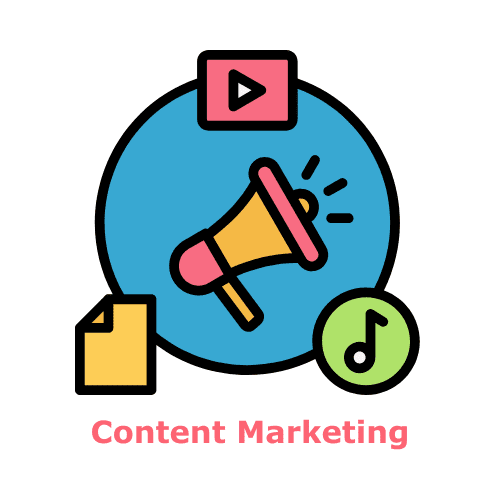Situation
A SaaS provider faced two main challenges: a high bounce rate on its blog and poor keyword rankings for industry-related queries. Despite regular updates, the content failed to engage visitors, harming user engagement and organic traffic and resulting in fewer conversions.
Task
The primary objective was to reduce the blog’s bounce rate and improve keyword rankings to drive qualified traffic. We analyzed user behavior and SEO performance, mapping user flows to pinpoint high bounce pages and identify gaps that needed addressing as follows:
- Keywords and Content
- Internal Linking
- Formatting and Readability
- Call-to-Action (CTA)
Action
The following steps were implemented as part of the overall strategy to improve the blog’s bounce rate and keyword rankings:
Keyword Research and Content Optimization

We conducted in-depth keyword research using SEMrush and Ahrefs to find high-traffic, low-competition industry keywords. We optimized existing blog posts to include these keywords naturally in headers and body content and created new posts on trending topics and long-tail keywords to reach a broader audience.
Robust Internal Linking
We implemented a robust internal linking strategy by adding relevant links within blog posts to related articles and core service pages. This distributed the link equity, enhanced user navigation, and increased time spent on the site. We also optimized anchor text for better relevance and clarity for users and search engines.
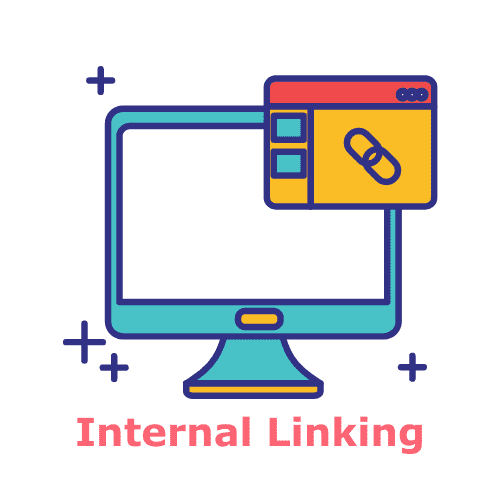
Formatting and Readability

We improved blog readability by using shorter paragraphs, bullet points, subheadings, and numbered lists. Adjusting font sizes and adding white space enhanced the mobile experience, making content easier to digest. We also embedded videos and created custom infographics to visually explain complex topics, increasing shareability on social media and expanding the SaaS provider’s reach.
Improving CTAs
We strategically placed strong, compelling CTAs within each blog post, encouraging readers to take action—whether that was downloading a whitepaper, signing up for a demo, or reading a related article. These CTAs were tailored to the content of each post and aligned with the user’s stage in the customer journey.
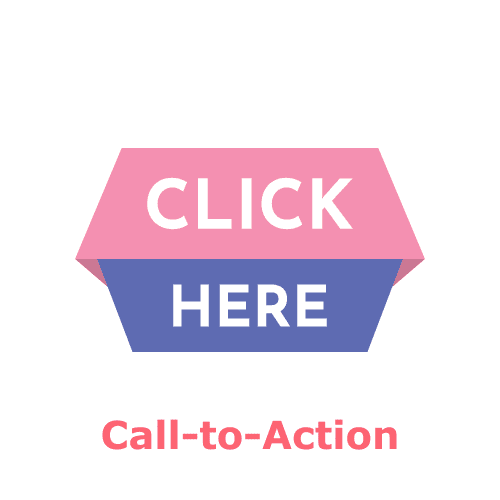
A/B Testing
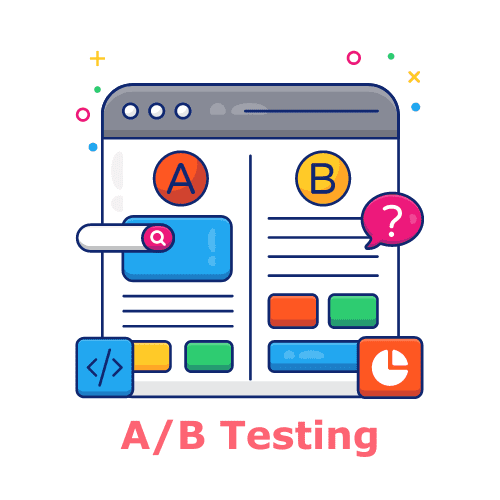
We used A/B testing using Google Optimize to experiment with different headline structures, CTA placements, and content lengths to find the most effective combination.
Monitoring and Ongoing Adjustments
After the content refresh, we established a monitoring system to track bounce rate, user engagement, and keyword rankings. Using Google Analytics, we monitored improvements in organic traffic, time on page, and user behavior metrics, making ongoing adjustments to optimize content and layout.
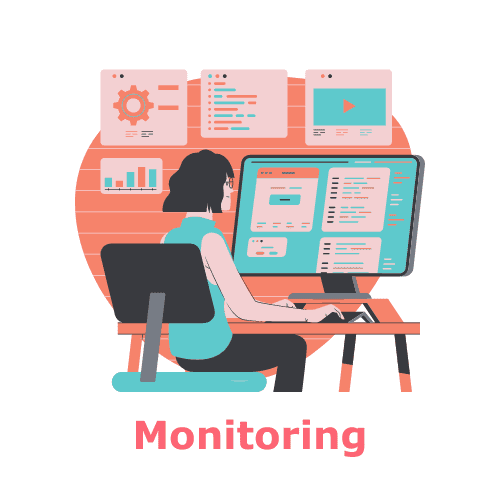
Results
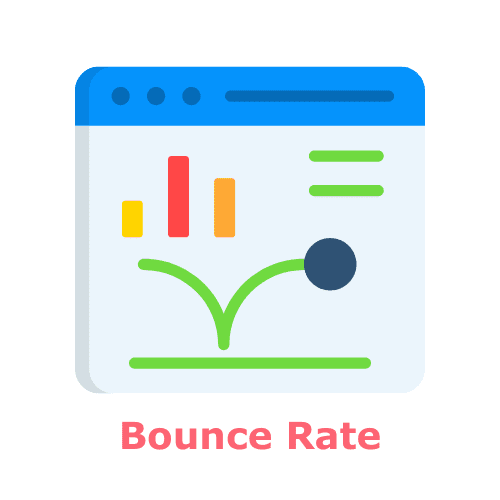
–25%
+50%
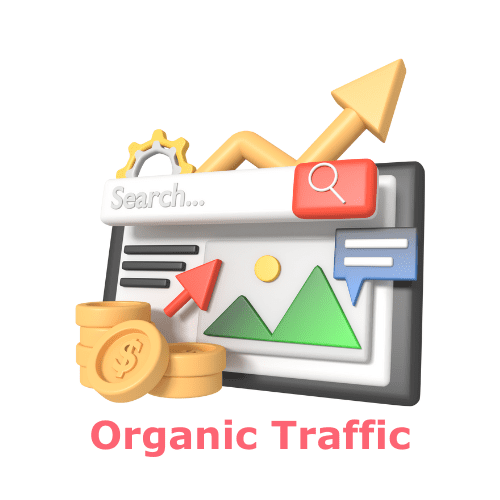
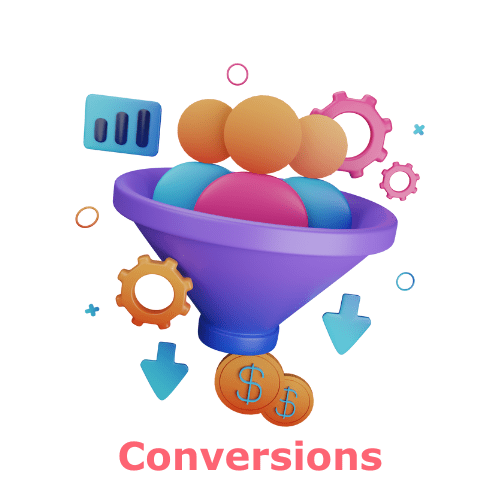
+20%
The blog’s bounce rate dropped by 25% within three months of implementing these changes. The improved keyword strategy and optimized content elevated several targeted industry terms from the second or third page to the first page of search results. Organic traffic rose by 50%, leading to greater content discovery. Enhanced internal linking and improved CTAs resulted in a 20% increase in conversions, guiding more users to service pages and product demos, ultimately driving business growth for the client.



